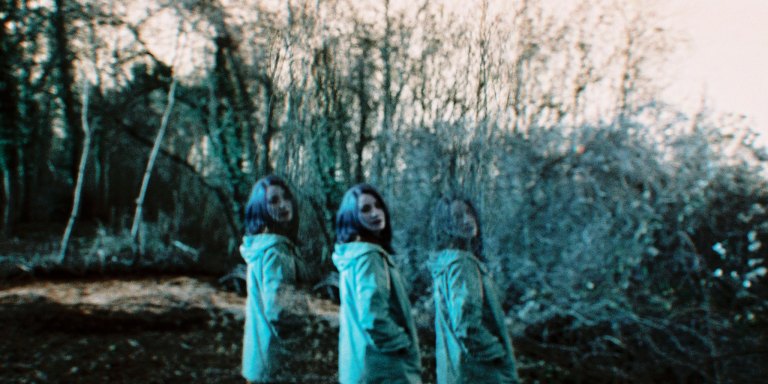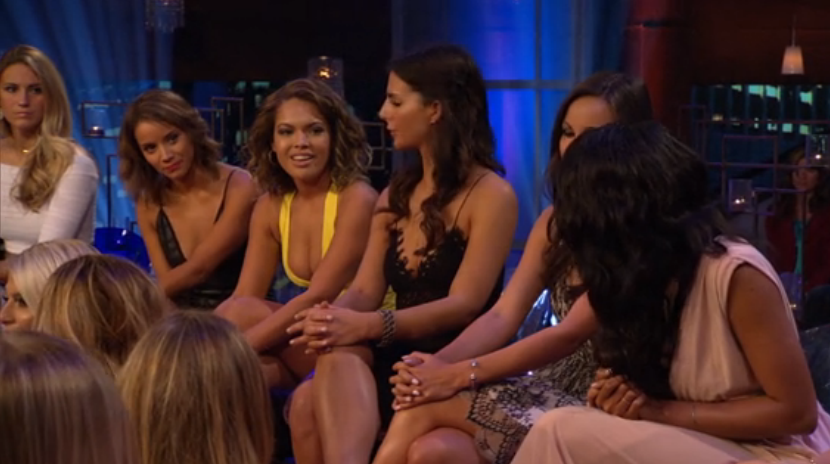
It’s no secret that The Bachelor continuously fails to address race, diversity, and representation. Yet many non-regular viewers – myself included – were intrigued by the current season, which comes to a close next week. This is largely because of Jubilee, the Haitian-born American war veteran, who captured the hearts of many fans of the show, as well as non-fans.
While Jubilee left the show on the fifth episode – continuing the tradition of black women’s invisibility as each season persists – much has been expressed regarding how her presence raised uncomfortable questions of race and The Bachelor, its spinoff, The Bachelorette, and the visibility of interracial dating as a whole. Full disclosure: I stopped watching the show after Jubilee left, and wrote about how her example serves as a microcosm of race, representation, and dating. But earlier this week, I watched The Women Tell All episode, where all the rejected women from the season address their interactions, and ask and answer pertinent questions.
I was unashamedly only interested in hearing Jubilee’s perspectives, and seeing if the issue of race on the Bachelor would directly be addressed (finally). Jubilee was put on the “hot seat” – individually interviewed by the host, Chris Harrison, along with a select few other women. She discussed her introversion, difficulties in expressing herself, and being (mis)understood. And race, to some surprise, was also addressed, but not in the way that many had hoped for, or anticipated.
![]()
Amber and Jami were two women on the show this season. They identify as biracial – black and white. In their time on the show, their interactions with Jubilee made many viewers uncomfortable. From the flashes of “reality TV” – which is always important to note – they seemed to have a negative, if not altogether hostile attitude towards Jubilee. At one point, Amber even encouraged a confrontation of Jubilee that came across as ganging up, and for most viewers, it left a bad taste in the mouth. Especially so, I think, for black women.
From a perspective of “solidarity” amongst women of color, and specifically those who identify with some degree of blackness, the relationship between Amber and Jami, and Jubilee, seemed to exemplify that quote that is all too familiar in many black communities: “All my skinfolk ain’t my kinfolk.”
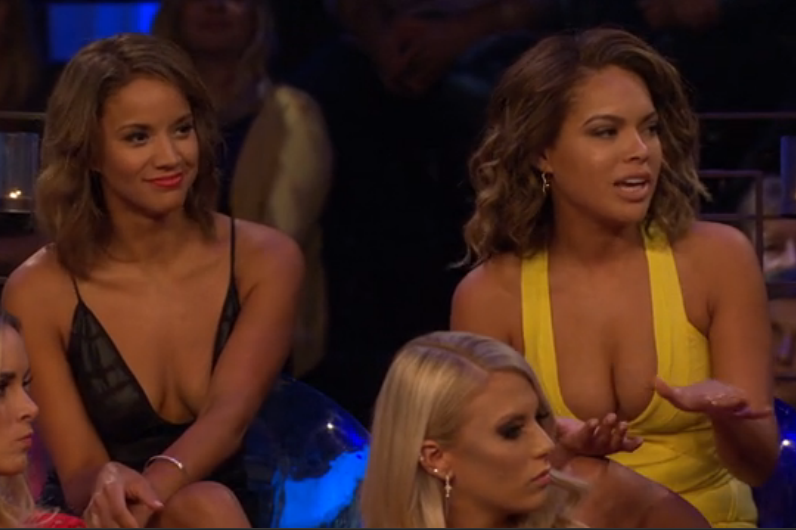
During the TV show, Amber and Jami, the latter of whom was quite vocal for someone who did not feature much during her short stay this season, accused Jubilee of claiming herself as “full black” in opposition to the two biracial women’s “half black”. That Jubilee called herself “full black,” was seen as negative by Amber and Jami, who insinuated that it deemphasized their blackness.
It sounded like Jubilee was insistent that she be known as “full black” as a matter of representation, in a show that doesn’t feature many women of any blackness. (She was also central to the season’s conversations, and made it the furthest of all three women.) But it was important to her, to declare this for reasons that a good host, or at least a racially conscious show and/or host, might have asked. (They didn’t.) But Jubilee ended up apologizing to Jami and Amber for the declaration of her blackness.
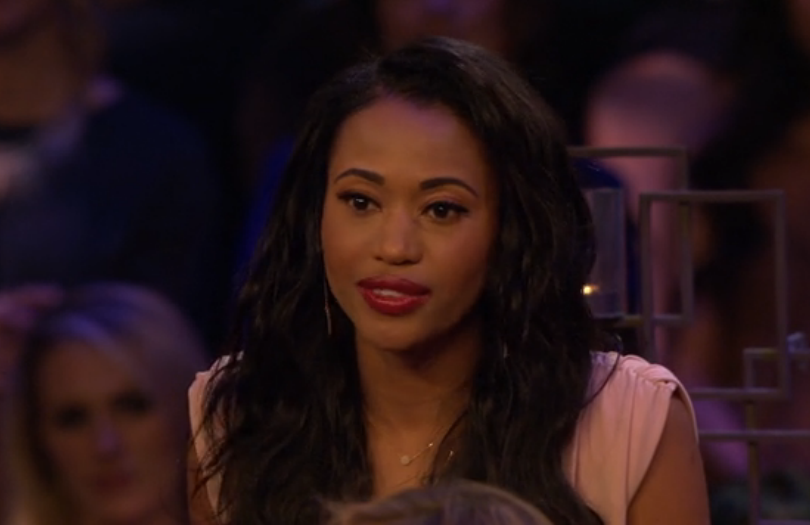
Jubilee’s apology was absurd for two reasons. That the first person to apologize for a conversation on race, is the only full black woman on a show that centers whiteness, is distinctly ridiculous. And that she apologized because of her alignment to blackness and her declaration of it in full (pun intended), is preposterous.
What race dynamics are going on here?
The United States’ history of anti-blackness, especially as it manifests in the “one-drop rule,” plays a role in racial interactions between people who identify as black in varying degrees. Colorism, the fruit of racism, which affects all people of color in different ways, is also important in this discussion. This is because of how lighter-skinned people are often privileged institutionally, and in terms of individual interactions – by all people – and the subsequent disadvantage for darker-skinned people. But there is also the reality of not being considered dark enough to align with one’s particular racial group of color when one is lighter-skinned. Jubilee’s full black experience is different individually, communally, and in society at large, from Amber’s and Jami’s experiences.
![]()
Biracial identities are complex; biracial people also suffer from invisibility. The context in which these identities exist is largely dependent on their “mix,” but overall these conversations are of great importance in an increasing multiracial nation.
Within a biracial identity that includes blackness and whiteness, because of the history of the one-drop rule, any (visible) degree of blackness, makes one “black” in the eyes of society, despite differing experiences. Amber and Jami in particular, reasonably, Jami less so, are also arguably not necessarily visibly biracial to the naked eye, as a matter of national consensus. By this I mean they could be mistaken for light-skinned black women, and in fact there are light-skinned “full” black women who may “look” more biracial than either or both of them. This is not to discount the importance of their biracial identity and their claiming of it, but it is necessary to locate the two women and their identities in the social reality that we all live in, and participate.
If it is of particular importance to biracial people to uphold their biracial identity – as Jami and Amber did (and have every right to do so) – how is it then offensive for one to claim one’s full blackness, so as not to be mistaken for anything else? Indeed, it is quite possible for biracial people to “look” like Jubilee too. Race may be a social construct with real consequences, but genetics do interesting things. (Adrian Piper’s Passing for White, Passing for Black is an excellent source for further reading.)
For many biracial people, the choice between having to claim one identity over the other is a real experience. It is also an unfortunate position, despite oftentimes benefiting from light-skinned privilege, and it is one that largely depends on how one looks. From my observation, and in listening to the narratives of many biracial women and men, identity and identifying is a challenging endeavor, and one that never seems to satisfy the two or more racial groups that make up their identity. But it cannot and should not be the burden of full black women to discount their heritage of full blackness, in order to satisfy the sentiments of biracial black women.
The conversation on race that appeared on The Bachelor was one on degrees of blackness. This is a complicated conversation for many of us who are black – full, half, quarter, etc. But it did not do the TV show any service, and might have left what is a very white audience, confused. Not only in terms of the complexity of the discussion itself, but of the implications that exist beyond a show that is also ultimately about a group of women vying for a man’s love.
The Bachelor had a conversation on race, but not the one it should have had. It wasn’t one about the show’s representation and lack thereof, and the role of race in dating, and of course how it manifests beyond the black/white binary. That is the conversation that some are waiting for, and that has yet again, failed to come.
For the rest of us who are acutely aware of race in media and institutions, and how it manifests in ordinary life, and especially those of us who are some kind of black, we again confront the complexity of blackness. And we confront it in relation to the biracial identity that contains blackness.
What is blackness? Who does it include and exclude? Does a person’s identification with being biracial take away from their blackness? Do biracial/black-white identifying people emphasize the identity in order to distance themselves from blackness? Do “full black” people exclude biracial/black-white people in order to claim hold to blackness? What is the relationship between blackness and the biracial identity beyond white and black? In an increasingly multiracial country, and arguably, world, what is the future of blackness?
These are all questions that the black Diaspora continues to confront, and while there are no simple answers, we must remember that blackness is rich and diverse; it has always been, and it can contain many. But in answering these questions individually and collectively, we must make sure that we answer out of love and community, and not fear; from a place of agency, and not as a reaction to the rigid and prejudice institutions that ultimately subject all of our (black) identities to “other”. ![]()
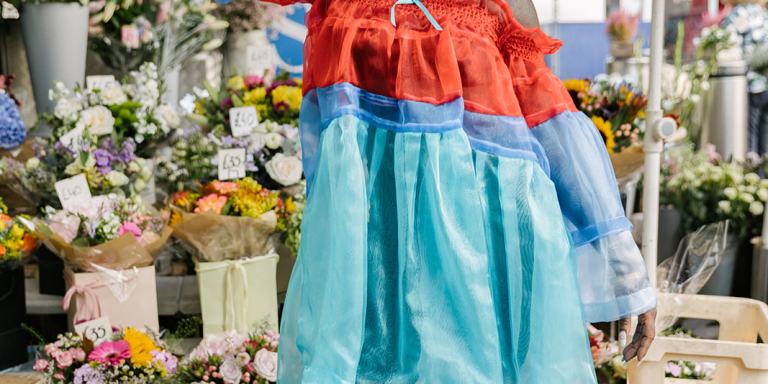
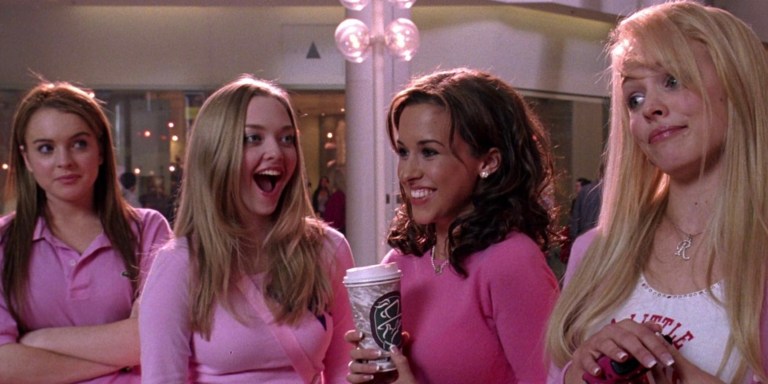
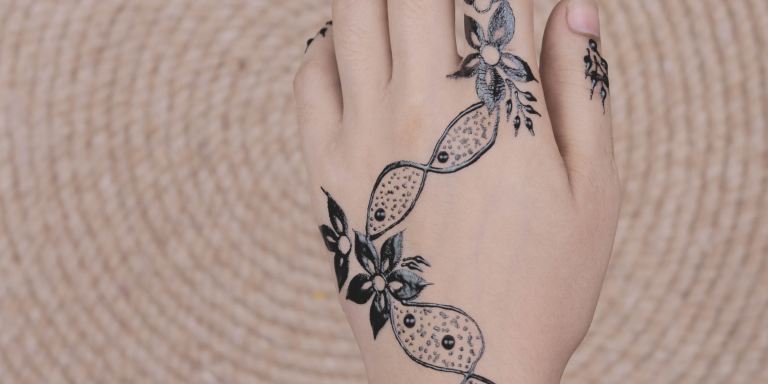
![100+ “Scary Stories to Read in the Dark” to Leave You With Chills [2021]](https://thoughtcatalog.com/wp-content/uploads/2018/06/24872467671_ede818a4a0_o.jpg?w=768&h=384&crop=1)

